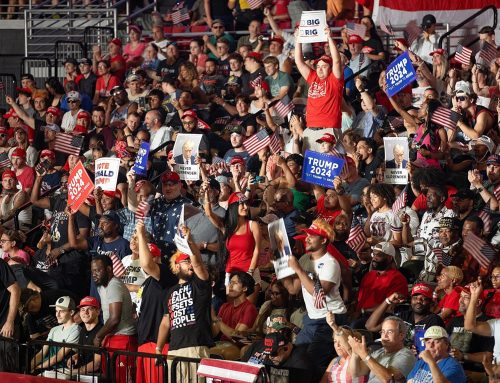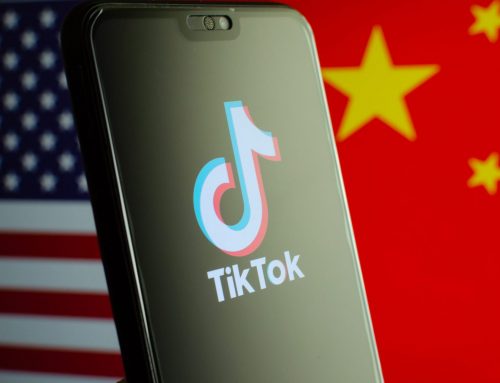Last week’s U.S. election coverage from Russian state media continued to feature familiar themes, including claims of fraud, criticism of mainstream media coverage of the election, and condemnation of social media platforms for election-related issues. While RT also covered last week’s CISA-issued statement about the security of the U.S. election, the preponderance of coverage amplified allegations of election malfeasance, including a retracted allegation of postal fraud. Russian diplomats and state media also trumpeted the Russian-brokered peace deal between Armenia and Azerbaijan following weeks of hostilities over Nagorno-Karabakh. Russian state media emphasized Russia’s role in the peace deal, the idea that Russia had saved Armenia, and the idea that Armenia should be grateful to Russia, while also providing coverage of unrest that followed the announcement of the deal. While Russian state media coverage of the Pfizer coronavirus vaccine announcement was fairly limited, they warned that much is unknown about the vaccine, relayed Russian officials’ claims that the Sputnik V vaccine is just as—or more—effective than the new vaccine, and questioned the logistics of vaccine distribution plans in the United States. A small amount of content covered alleged controversies involving Pfizer. This response comes amid a steady beat of Russian state media and officials touting Russia’s vaccine progress, as well as global orders for Sputnik V. After relatively sparse coverage of U.S. politics during the election, Chinese state media finally dedicated significant space to the U.S. elections last week, with nine of the ten most-shared Chinese state media stories on Facebook covering the election. China’s Foreign Ministry congratulated president-elect Biden on November 13, sparking a wave of congratulatory tweets from several embassies and diplomats. While most coverage of Biden was positive or at least neutral, his declaration to the Japanese prime minister that the United States considers the Senkaku/Diaoyu islands (disputed between Japan and China) as part of Japan drew some criticism from Chinese state media and an official rebuke from the MFA. The news that the U.S. Department of Commerce would delay the enforcement of a ban on TikTok was also covered by every Chinese state media outlet (as well as by a few diplomats) and framed as an “easing-off amid the changing political landscape.” Iranian state media similarly acknowledged Biden as the winner of the election last week, while continuing to deride U.S. democracy and its institutions as chaotic, broken, and illegitimate. Trump was mentioned by name 106 times in official Iranian tweets, while Biden was mentioned only 47 times. Finally, Iranian diplomats sought to remind neighbors that the United States is an inconsistent ally, and that regional relationships endure, while overseas patronage cannot be relied upon.
The views expressed in GMF publications and commentary are the views of the author alone.








